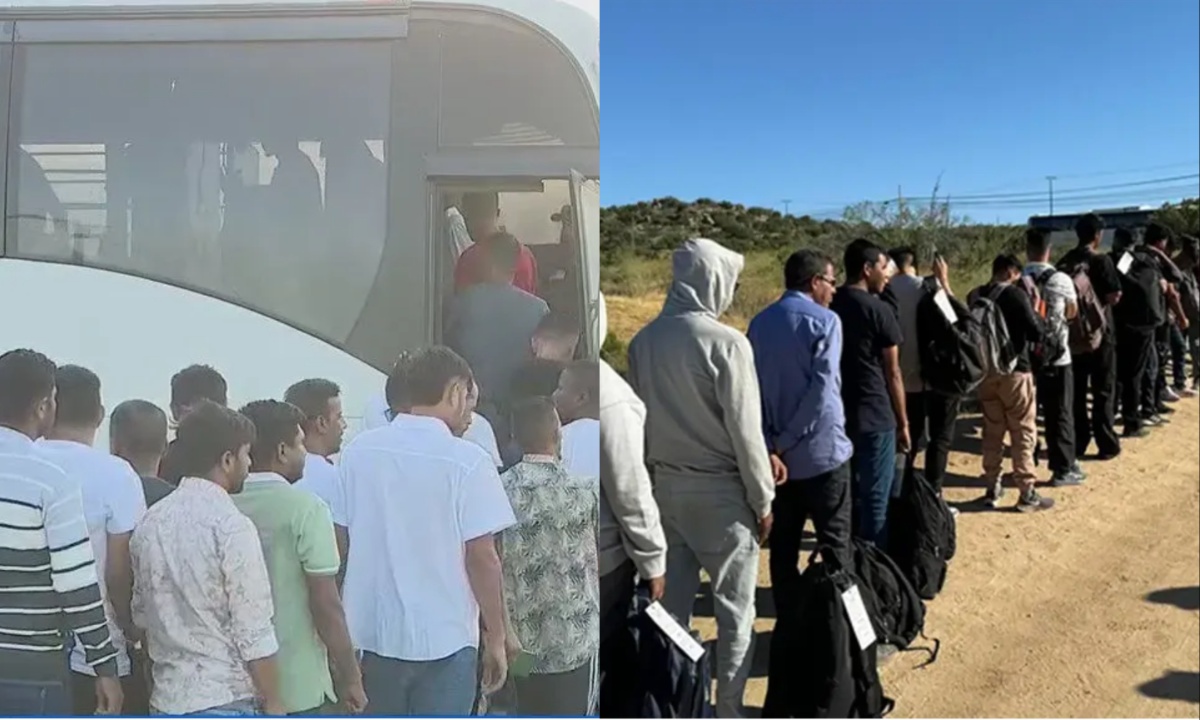An internal Border Patrol memo instructs agents in the San Diego sector to release single adult migrants from all Eastern Hemisphere countries, except six specific nations, and label them as difficult to deport.
This directive follows President Biden’s recent executive order, which bans asylum for most illegal immigrants. The memo specifies that these migrants should be processed with a Notice to Appear and then released, except for those from Russia, Georgia, Uzbekistan, Tajikistan, Moldova, and Kyrgyzstan.
Despite promises from the Department of Homeland Security (DHS) and President Biden to enforce strict consequences for illegal crossings, most migrants from the Eastern Hemisphere in the San Diego sector are being released into the U.S.
A senior Border Patrol official explained that this guidance is specific to the San Diego sector due to the unique range of countries they encounter and is not a nationwide directive. Even though these migrants are being released, they are not eligible for asylum under the new order.

Some countries in the Eastern Hemisphere are uncooperative with U.S. deportation efforts, refusing to accept their citizens back. DHS acknowledged the difficulty in removing migrants from these countries but is working to gain their cooperation, including from China.
However, many migrants from Western Hemisphere countries, which are easier to deport, are being placed into expedited removal, and thousands have already been removed or returned since the new order took effect.
The implementation of Biden’s executive order will take time, and the Border Patrol will continue to negotiate with uncooperative countries. Until these agreements are in place, many Eastern Hemisphere migrants will continue to be released in the San Diego sector. Videos show daily releases of hundreds of migrants at a San Diego trolley station, highlighting the ongoing challenges.
Biden’s order includes a temporary suspension of migrant entry when daily border encounters exceed 2,500 over seven days. This is part of a new rule that tightens asylum standards but includes exceptions for legal immigrants, unaccompanied children, trafficking victims, and those with appointments via the CBP One app, as well as individuals granted entry due to urgent humanitarian, public safety, or health reasons.


